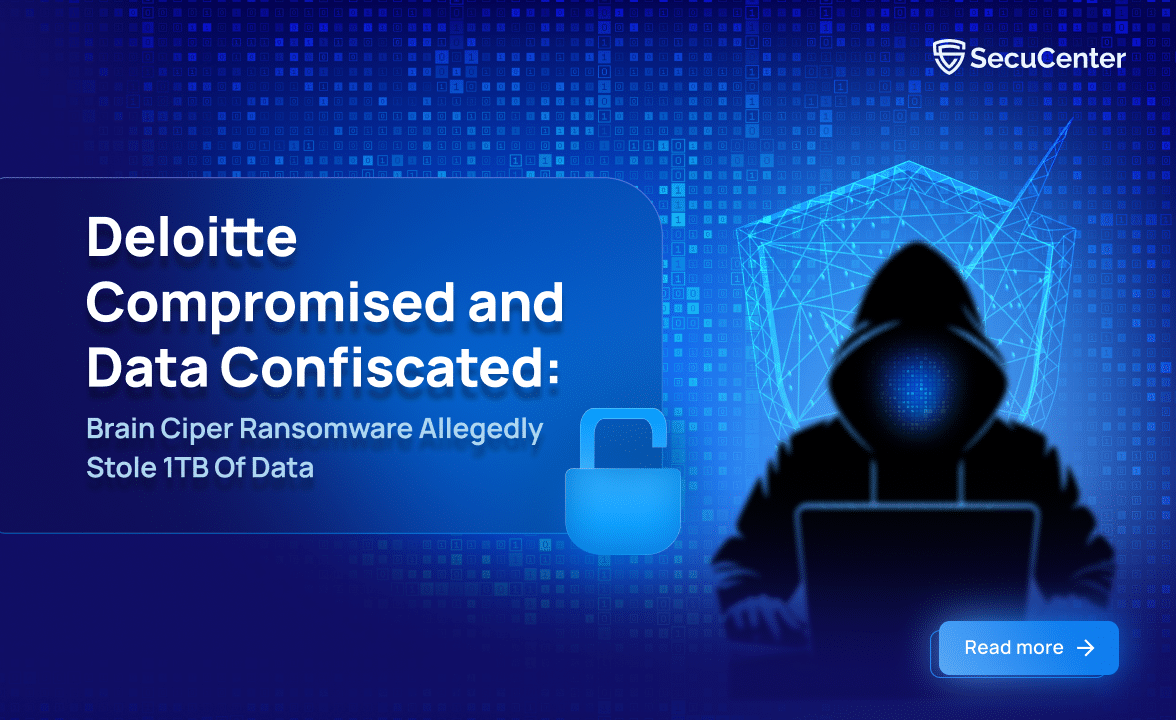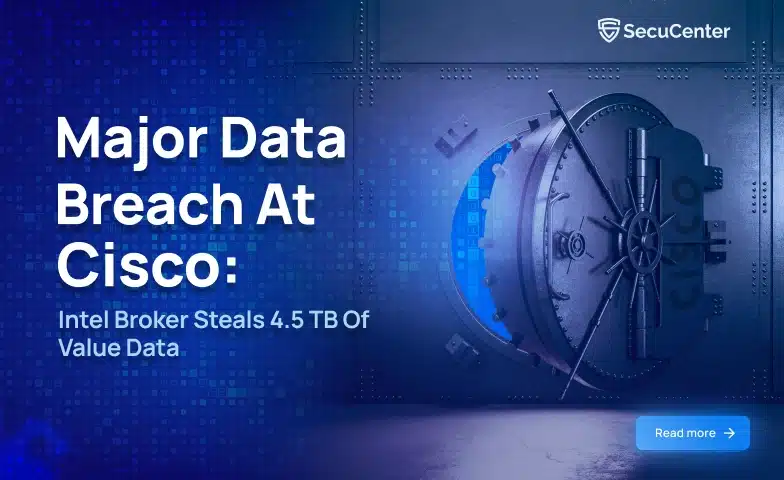Related Posts
The Benefits of White Label SOC Providers for Managed Security Service Providers (MSSPs)

Managed security service providers (MSSPs) are IT service businesses that specialize in providing security-as-a-service offerings for their customers. MSSPs typically establish a security operations center (SOC), which is responsible for continuous monitoring and protecting the infrastructure (networks, applications, databases, servers, etc.), But operating a SOC involves different challenges for MSSPs due to the rising talent demands and increased labor costs. One powerful solution that has emerged to address these challenges is the use of white label Security Operations Center (SOC) providers. In this blog, we will explore how partnering with white label SOC providers can help MSSPs achieve better scalability, reduce operational costs, and improve EBITDA margins.
Understanding White Label SOC Providers
A white-label SOC provider offers comprehensive security monitoring and incident response services under a client’s brand. This means MSSPs can deliver top-tier security services without the need to build and maintain their own SOC infrastructure. These providers offer various services, including threat detection, incident response, vulnerability management, and compliance monitoring.
Achieving Better Scalability
Scalability is critical for MSSPs aiming to grow their client base and expand their service offerings. Building an in-house SOC requires significant investment in technology, resources, and ongoing training. This can be a daunting task for MSSPs, especially those with limited resources.
White-label SOC providers offer a scalable solution. By leveraging their existing infrastructure and expertise, MSSPs can quickly scale their operations to meet the needs of a growing client base. This flexibility allows MSSPs to focus on acquiring new clients and expanding their services without the burden of building and maintaining a SOC from scratch.
Reducing Operational Costs
Operational costs are a significant concern for MSSPs, as maintaining a SOC involves substantial expenses related to technology, staffing, and continuous training. Hiring and retaining skilled cybersecurity professionals is particularly challenging and costly.
Partnering with a white-label SOC provider significantly reduces these costs. MSSPs can eliminate the need for a large in-house team and the associated expenses of recruiting, training, and retaining top talent. Additionally, the white-label provider bears the costs of maintaining and updating SOC infrastructure, allowing MSSPs to allocate their resources more efficiently.
Improving EBITDA Margins
EBITDA (Earnings Before Interest, Taxes, Depreciation, and Amortization) is a key performance metric for MSSPs. By leveraging white-label SOC providers, MSSPs can improve their EBITDA margins in several ways:
1. Lower Capital Expenditures: Without the need to invest in expensive SOC infrastructure, MSSPs can significantly reduce their capital expenditures. This leads to a more favorable balance sheet and improved profitability.
2. Optimized Resource Allocation: By outsourcing SOC functions, MSSPs can allocate their resources more strategically. This enables them to focus on high-value activities such as client acquisition, service customization, and strategic planning, all of which contribute to higher margins.
3. Enhanced Service Quality: White-label SOC providers are specialized and experienced in delivering top-notch security services. This results in higher client satisfaction and retention rates, directly impacting revenue and profitability.
Partnering with white-label SOC providers offers a strategic advantage by enabling MSSPs to achieve better scalability, reduce operational costs, and improve EBITDA margins. By leveraging these providers’ expertise and infrastructure, MSSPs can deliver superior security services, focus on core business activities, and drive sustainable growth.


